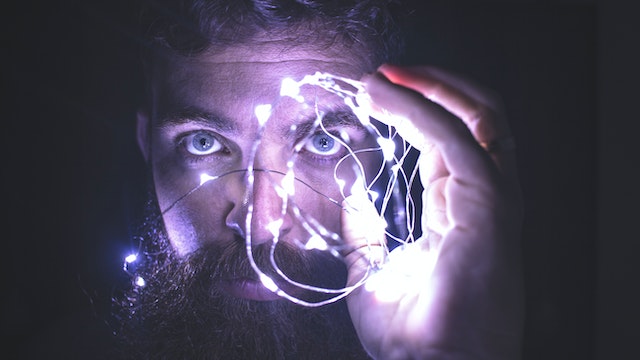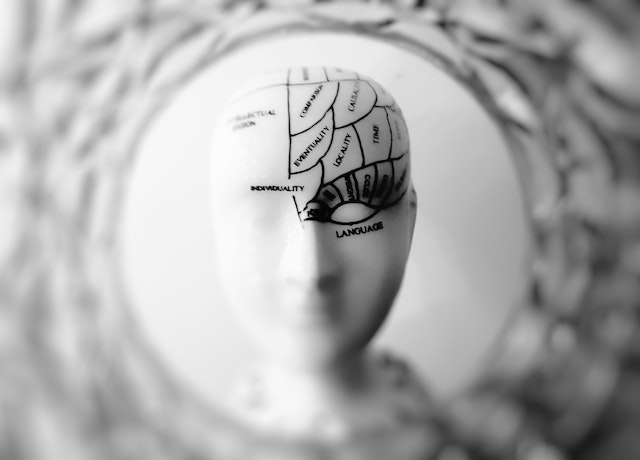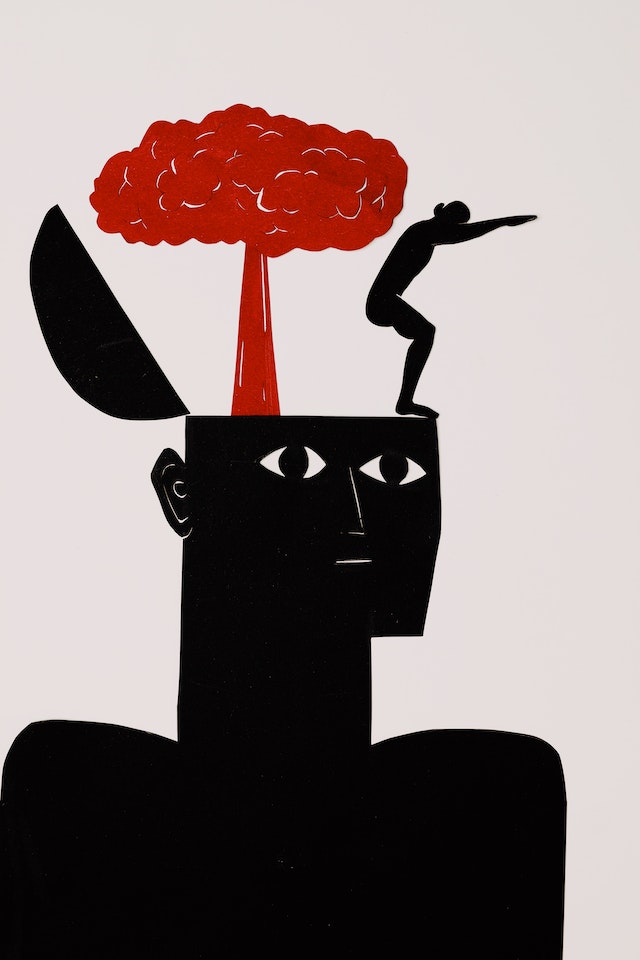What nootropic supplements have been proven to improve your brain function?
I’m going to show you exactly which nootropics work best for boosting memory, concentration and energy
And also reveal the top 5 supplements that you should never buy without consulting your doctor first
There are many types of nootropic supplements available today. But not all of them are created equal.
Some are made up of dangerous ingredients that could potentially harm your body.
Others contain substances that may have side effects.
But there are also safe and effective alternatives that can significantly enhance your cognitive abilities.
In fact, there are several studies showing that certain nootropic supplements can actually improve your brain function.
The problem is that they don’t always come cheap.
And they can be hard to find.
So I decided to create this guide to help you pick the best nootropic supplement for improving your brain function.
To begin, let me tell you about one of the safest and most popular nootropic supplements on the market today.

Nootropics are natural products that claim to improve your brain function. They include things like caffeine, ginseng, vitamin B12, fish oil, and green tea extract.
These supplements are usually taken orally, and they’re sold over the counter.
They’re generally considered safe, although some people might experience mild side effects.
However, some nootropics are banned in other countries due to concerns about safety.
For example, modafinil, an extremely popular nootropic used to treat sleep disorders, has been linked to heart problems.
Other nootropics, including methylphenidate, amphetamine, and pemoline, are illegal in the United States.
Although these drugs aren’t approved by the FDA, they’re still widely used by college students who need extra motivation to study.
Here’s another common misconception about nootropics.
Many people assume that taking nootropics means consuming large amounts of stimulants.
But this isn’t necessarily true.
While some nootropics contain stimulant compounds, others are completely free of them.
In fact, some nootropics can actually reduce anxiety and depression.
One of the most popular nootropics is piracetam, which comes in two forms.
Piracetam is a synthetic drug that’s similar to cholinergic agents found naturally in the human body.
It’s commonly used to treat conditions like Alzheimer’s disease and dementia.
Another popular nootropic is Huperzine A, which is derived from Chinese herbs.
Huperzine A works by increasing acetylcholine activity in the brain.
Acetylcholine plays a key role in learning and memory.
Studies suggest that Huperzine A improves cognition by enhancing the production of acetylcholine.
As a result, it helps users concentrate better and remember information longer.
Most nootropics are classified as “smart drugs” because they’re intended to improve cognitive functions.
However, some smart drugs are also known as “nootropic enhancers.”
Smart drugs are typically prescription medications that are used to treat medical conditions.
Examples include Adderall, Ritalin, and Provigil.
Adderall is prescribed for attention deficit hyperactivity disorder.
Ritalin is used to treat narcolepsy and ADHD.
Provigil is used to treat excessive daytime sleepiness associated with obstructive sleep apnea.
All three of these drugs are stimulants.
Stimulants are chemicals that affect the central nervous system.
They cause increased alertness, improved coordination, and enhanced motor skills.
However, they can also produce feelings of euphoria and jitteriness.
Side effects vary depending on the individual user.
Some people report headaches, nausea, insomnia, dry mouth, and irritability after taking stimulants.
On the other hand, some people say that stimulants give them a sense of well being and clarity.
Regardless of whether you choose to consume nootropics or not, it’s important to understand that they can interact with each other.
When combining multiple nootropics, you run the risk of experiencing adverse reactions.
For instance, mixing caffeine with nicotine increases the likelihood of having a panic attack.
Mixing caffeine with alcohol can lead to dehydration and sleeplessness.
Combining caffeine with antidepressants can trigger suicidal thoughts.
Finally, combining caffeine with antihistamines can increase the risk of allergic reaction.
Now that we know how to avoid mixing nootropics, let’s talk about the benefits of nootropics.
First, let’s look at the evidence behind the claims that nootropics can boost brain power.
According to research, nootropics can improve memory, focus, and overall cognitive performance.
Nootropic supplements are especially useful when combined with exercise.
Exercise stimulates the release of neurotransmitters in the brain.
Neurotransmitters are chemical messengers that transmit signals between neurons.
They play a crucial role in regulating mood, behavior, and memory.

Research shows that exercising regularly boosts the level of dopamine, serotonin, norepinephrine, and endorphins in the brain.
Dopamine is involved in reward processing. Serotonin is responsible for emotional regulation. Norepinephrine promotes wakefulness. Endorphins promote positive emotions.
By stimulating the release of these neurotransmitters, exercise enhances our ability to learn, memorize, and recall information.
Furthermore, nootropics can be particularly helpful during times of stress.
During stressful situations, the amygdala releases adrenaline into the bloodstream.
Adrenaline triggers the sympathetic nervous system. The sympathetic nervous system controls the fight or flight response.

